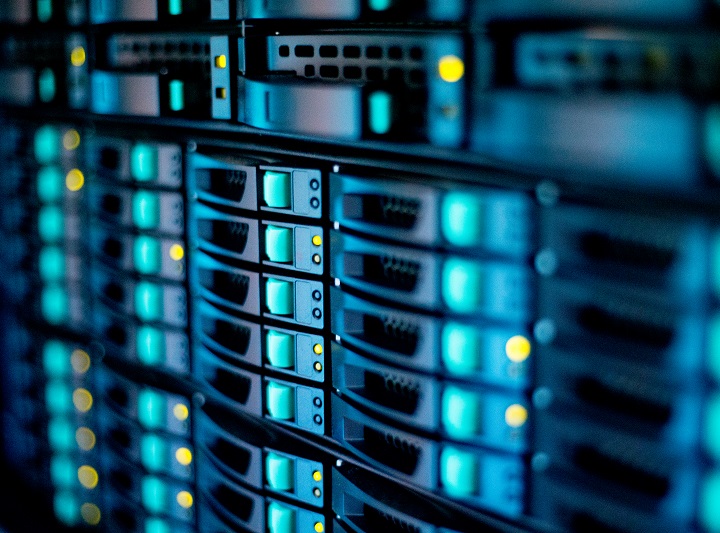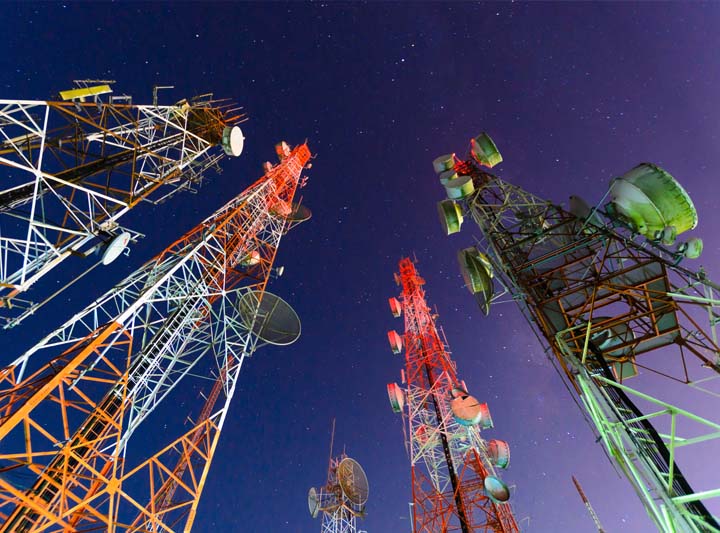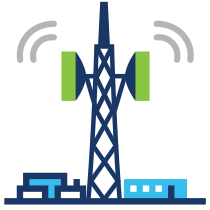Batteries provide a modern uninterruptable power supply (UPS) to enable our vast, digital society. They safeguard the data centers and telecommunication systems that keep us informed and our economy stable, with remarkable sustainability.
Data Centers Trust Lead Batteries to Protect Data...
What began as a data trickle a few decades ago has grown into a full-fledged data tsunami. Consider this: Internet users generate about 2.5...
Article
March 3, 2020













